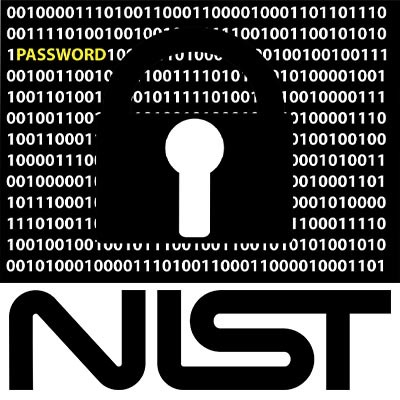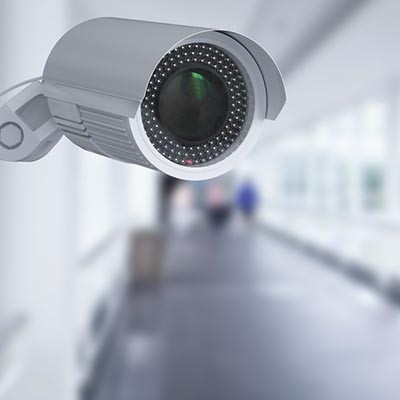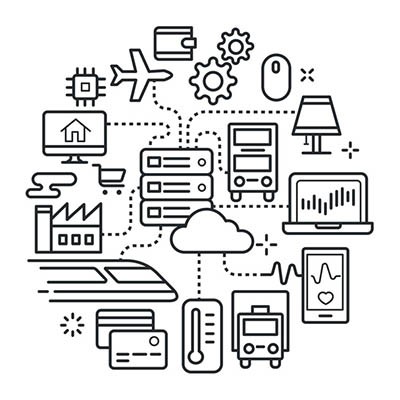Passwords are always a major pain point for businesses, but in some industries, their importance is emphasized more than others. In particular, government-based organizations need to be prepared to keep more secure passwords. While we understand that not all organizations are government-based, there’s something to be said about proper password practices that we can all learn something from.
Argentum IT LLC Blog
Data security isn’t the easiest thing in the world to plan for, especially if your organization doesn’t have any dedicated security professionals on-hand. While protecting your data with traditional methods, like passwords, firewalls, and antivirus, is important, what measures are you taking to make sure a thief or hacker isn’t just walking into your office and making off with your technology?
These days, it seems that to have a computer is to have a Google account. If one isn’t used for professional purposes, it is used as a personalized solution - and no wonder. The convenience and accessibility of these accounts alone are compelling, even before one considers the versatility that this account brings with it. Unfortunately, these benefits can be quickly overshadowed by risk if a Google account’s security is overlooked, even if unintentionally.
It’s the holiday season, and shoppers are flocking to stores to find the perfect gift for anyone: the gift card. However, these handy little plastic rectangles may not be so perfect after all. This year, they’ve been a key component to a business email compromise scam that has been popular in the past few months.
While the phone is still a useful communication tool, it lately has been the cause of a large amount of stress from businesses and users alike. While caller ID was once also a useful tool to help stop spam calls, we now cannot trust the numbers it provides. Letting personal calls go to voicemail to check them is one thing, but a business shouldn’t do that. What can they do?
Cybersecurity has changed considerably since 2017, and any business that wants to survive in the evolving online environment needs to consider how they are protecting their assets. We want to take a look at precisely how cybersecurity has changed since 2017, including some of the notable statistics regarding the current state of online threats for today’s businesses.
You might be shocked to find out that your mobile device holds a considerable amount of personally identifiable information on it. This has prompted many users to secure their phones at all times, but others simply ignore the threat and brush it aside. Since Google makes it so easy, there’s no excuse for Android users not to secure their devices. Here’s how you can do it.
With a meager market share that is one-third the size of Google’s, one would think that Bing would be trying to keep controversy away from a user’s search results. However, the Microsoft search engine has recently encountered a few notable PR disasters that may be enough to convince some not to use it - especially if it leads to a security breach.
The Internet of Things is now made up of over 15 billion devices. 15 billion. This number includes both consumer devices in a home environment as well as business devices that are typically used in an office setting. As such, you cannot risk ignoring this phenomenon, whether it’s from a security standpoint or one of practicality. We’ll discuss the many ways the IoT is shaping business practices in today’s modern office.
What would you do if you sat down at your desk one morning, coffee still kicking in, to discover a pop-up message on your computer announcing that Microsoft has detected a fatal issue with your workstation, and if they aren’t allowed to remote in and fix it, the entire network could be at risk? Would you be able to, in the heat of the moment, recognize it for the scam that it is and disregard it?
It doesn’t matter how much of a technology novice someone is, chances are, they’ve heard the term “hacker” before. A favorite character trope of Hollywood films and television dramas, these cybercriminals have appeared in productions like Die Hard and Mr. Robot with varying degrees of accuracy. Below, we explore what makes a hacker, and the kinds that exist in reality.
Blockchain is one of the latest and greatest developments to come in computing. The spotlight is on Bitcoin, Ether, Litecoin, Dogecoin, and several other cryptocurrencies that take advantage of the blockchain, but it’s important to remember that it’s not exclusive to cryptocurrencies. In fact, it has several great uses, with some of the most important being cyber security, transparency, and privacy.
Cryptocurrencies are still one of the better known uses of blockchain technology, and though their values seem to have leveled off since the explosive growth they experienced a few months ago, that has not stopped people from seeking them out. Of course, where there’s money to be had, you’re sure to find cybercriminals.
If you think that working with the cloud doesn’t have risks, think again. It’s inevitable that you’ll face security compliance concerns when it comes to your cloud-based data. If your organization has data stored in a cloud-based environment, you’ll want to pay particularly close attention to how compliance laws affect the way that you access and store this information. How can you make sure that your cloud-based data isn’t in violation of some cloud compliance laws?
It’s easy to dismiss network security if you run a small business that seemingly isn’t a target of malicious attacks. Unfortunately, this dismissive attitude can put your organization at risk, as even a simple security issue could be enough to expose your company to dangerous entities. In fact, we would call it foolish not to secure your organization; and one of the most infamous security failings in history stems from this.
Star Wars is a cultural phenomenon. For the past 40+ years audiences from all around the world have become enthralled with the characters, the story, and the technology that existed a long time ago in a galaxy far, far away. Who knew that it was also a wonderful lesson in modern IT security?For today’s blog, we look at three situations that happened in Star Wars: A New Hope; and, how, if proper IT strategies were put in place, the Empire would have been able to protect its greatest asset.
In 2017, ransomware became a huge threat for businesses, so when discussing how nefarious actors will be leveraging new ransomware streams in 2018, you have to do so with some urgency. Today we will provide some information on ransomware, the current trends, and some trends you have to be very mindful of going forward.




















